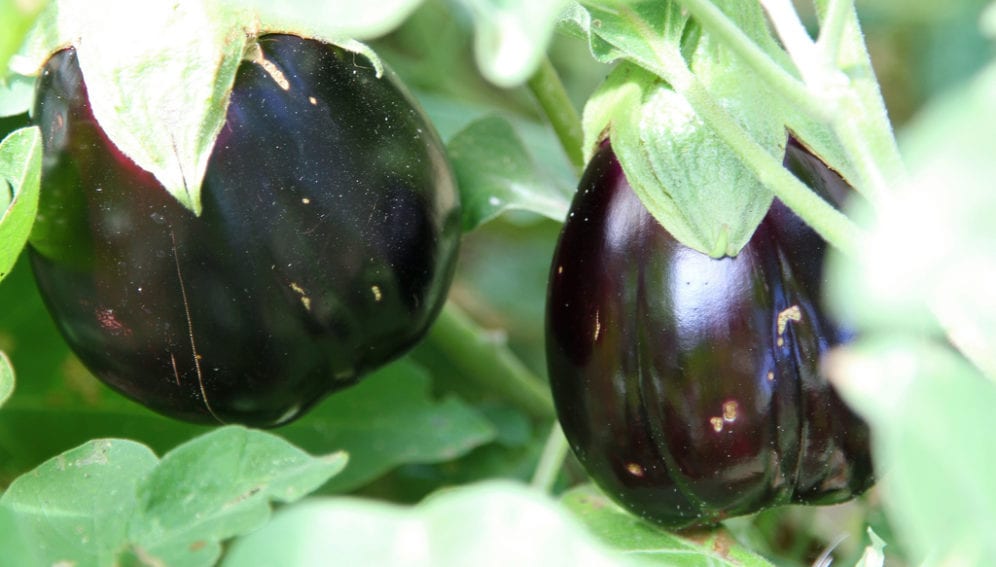By: Paul Icamina
Send to a friend
The details you provide on this page will not be used to send unsolicited email, and will not be sold to a 3rd party. See privacy policy.
[MANILA] Farmers can earn more with eggplant whose genes have been modified to resist a highly destructive worm.
Commercialisation of the genetically modified (GM) eggplant remains suspended in the Philippines following a court decision to stop its multi-location field testing owing to environmental and health challenges by green groups.
Based on just 50 per cent adoption rate, Filipino farmers could have pocketed US$100 million in additional earnings from 2011 to 2013 if GM eggplant had been commercialised and made available for planting in 2011, argued Cesar Quicoy, a professor at the College of Economics and Management, University of the Philippines Los Baños , during a public dialogue between scientists and farmers organised last month (21 October).
The GM eggplant contains the Bacillus thuringiensis (Bt) bacterium that is toxic to the fruit and shoot borer worm, a major pest that can destroy more than half of the eggplant crop.
Quicoy based his numbers on the assumption that potential yields earned one per cent annual interest “as if deposited in the bank” from 2011 had the GM eggplant been planted until 2013.
He published his findings in the book, Socioeconomic Impacts of Bt Eggplant: Ex-ante Case Studies in the Philippines.
Based on his study, there are environmental gains in planting GM eggplant such as less pesticide use. Worms damage more than 60 per cent of eggplants, resulting in farmers spraying pesticides up to 80 times per season.
Eggplant is the most widely planted vegetable in the Philippines, making up nearly one-third of vegetables harvested. From 1990-2013, some 19,447 hectares of eggplants yielded 170,124 tonnes, or an average yield of 8.67 tonnes per hectare, mostly harvested by poor farmers.
The Philippine Supreme Court is expected to rule anytime soon on a Court of Appeals decision to stop the multi-location field testing of GM eggplant.
The ruling is not likely to affect current GM eggplant research. Eight multi-location field trials, started in 2010, have been completed with the biosafety data submitted to the Bureau of Plant Industry which will decide on the crop's commercial release.
Former Science Secretary Emil Javier is puzzled why critics are singling out GM eggplant when GM corn, which contains the same Bacillus thuringiensis bacterium, is approved for commercial planting in the country, the only one in Asia to approve and grow a major biotech crop. Some 800,000 hectares in the Philippines are now planted to biotech corn.
Javier points out that 27 gene-modified corn and cotton products are also approved for importation into the Philippines for direct use as food, feed and for processing.
Genetic engineering involves the transfer of genes or DNA into living organisms, in this case, the transfer of a bacterium to another organism — a process that does not occur naturally.
“This may be the reason why people are concerned about the technology,” notes Javier . “There is the perception that we are playing God and interfering with nature.”
This article has been produced by SciDev.Net's South-East Asia & Pacific desk.














